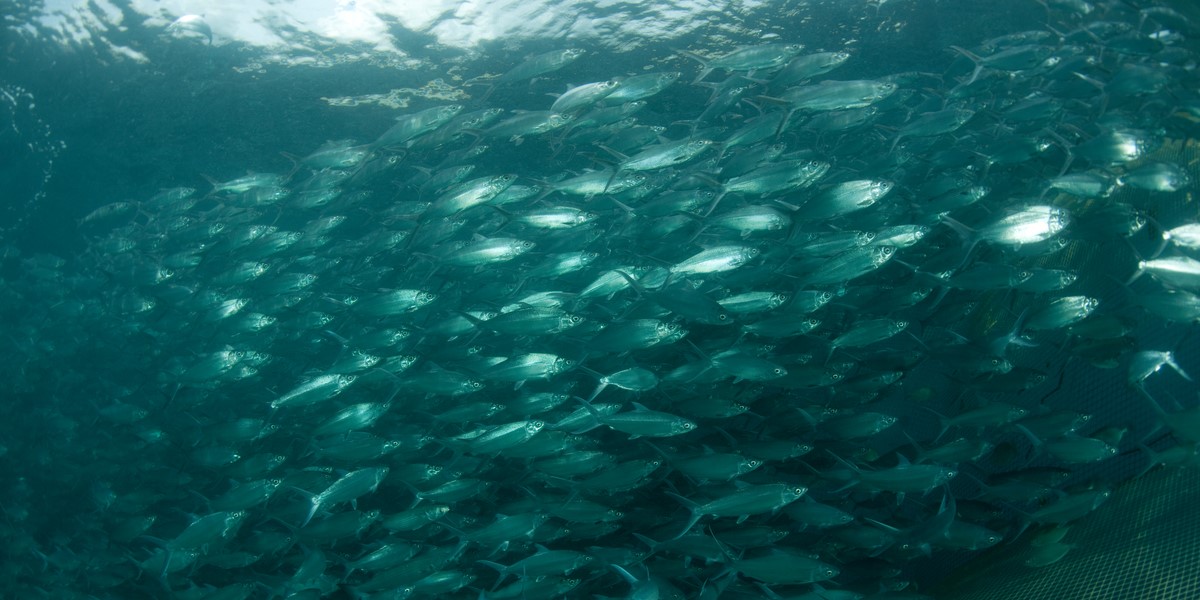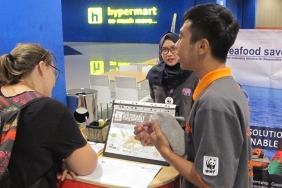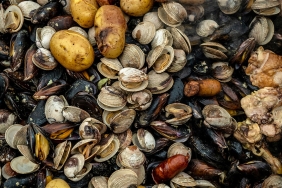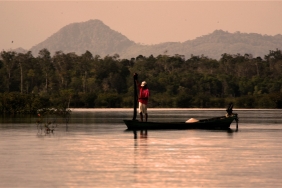SEAFOOD PRODUCTS FROM ALOR AND WAKATOBI IN RANCH MARKET
By: Masayu Yulien Vinanda
Jakarta (15/05)-Seafood produced from two WWF’s sites Alor and Wakatobi became featured products at sustainable seafood counter in the retail company Ranch Market. The interesting development was mentioned by PT. Supra Boga Lestari’s Chief Operating Officer Suryadharma at the launching of Ranch Market Flagship Store and Ninety Nine restaurant in Grand Indonesia, Jakarta (15/05).
Tuna Fillet from Alor and Red Grouper from Wakatobi are two products featured by Ranch Market as sustainable seafood at its new outlet. This initiative is an important step for Ranch Market in supporting sustainable seafood program promoted by WWF-Indonesia, “Seafood Savers.”
“As our best contribution toward the environment, Ranch Market works with WWF in supporting sustainable seafood through Seafood Savers program. Amongst our prime products which we declare as sustainable seafood are tuna fillet and red groupers shipped from WWF’s sites Alor and Wakatobi. We ensure that the products are environmentally friendly, caught in a sustainable way, and meet the sustainable seafood principles,” Suryadharma said.
WWF-Indonesia Marine Program’s Corporate Campaigner Margareth Meutia mentioned Alor and Wakatobi are two core sites of WWF Marine Program which have implemented best management practices for marine fish aquaculture. For instance, local fishermen in Wakatobi have been catching fish using sustainable and eco-friendly approach for years. “When Wakatobi National Park was established, no-take zone was also defined as well. There, local fishermen only catch fish in specific zones, outside the no-take zone and fish hatchery zone. Hence, we can say they catch fish in a sustainable way, “ she said.
Margareth expected Ranch Market’ s commitment toward sustainable fish aquaculture could inspire other retailers to develop this eco-friendly business practice.
“We hailed Ranch Market commitment. Through Seafood Savers Program, WWF tries to connect good produce and good buyers. This what we are working on in Seafood Savers coalition to promote sustainable fisheries. Other important thing is educating the consumers about sustainable seafood,” she said.
Education effort to consumers was carrried by WWF-Indonesia team by distributing seafood guide to the visitors around sustainable seafood counter. The handy pocket guide is separated into three categories, red, yellow, and green. Consumers are advised to stop purchasing sea food and fish which fall under ‘red’ category. Fish under ‘yellow’ category can be consumed in moderation, and those under ‘green’ category should be the focus of public consumption.





